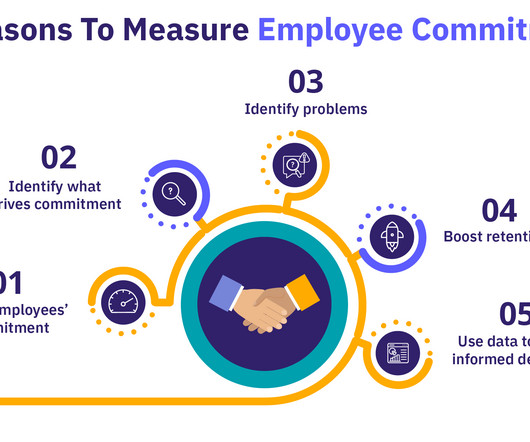What Is Human Resources?
Analytics in HR
JULY 31, 2023
Through workforce planning, talent management, succession planning, and applying other HR best practices , HR professionals ensure that the organization has the required talent to keep operating and meet its long-term goals. Executes effective talent acquisition processes to hire the best talent for the right position.






















Let's personalize your content